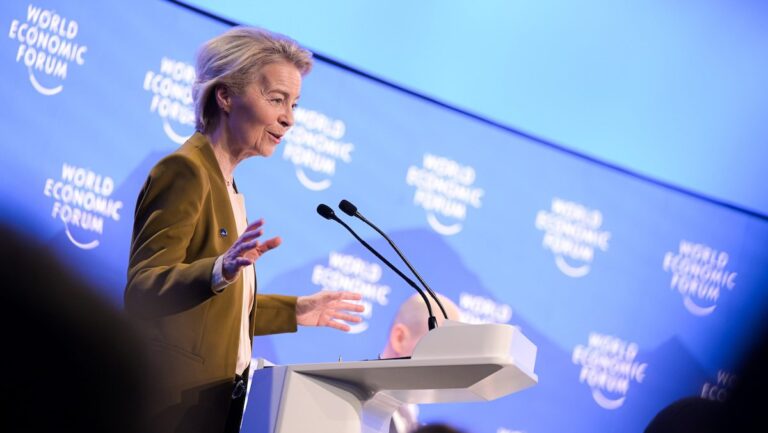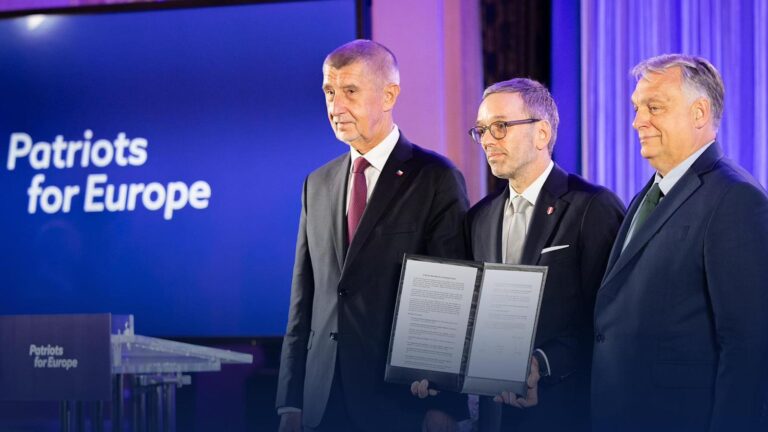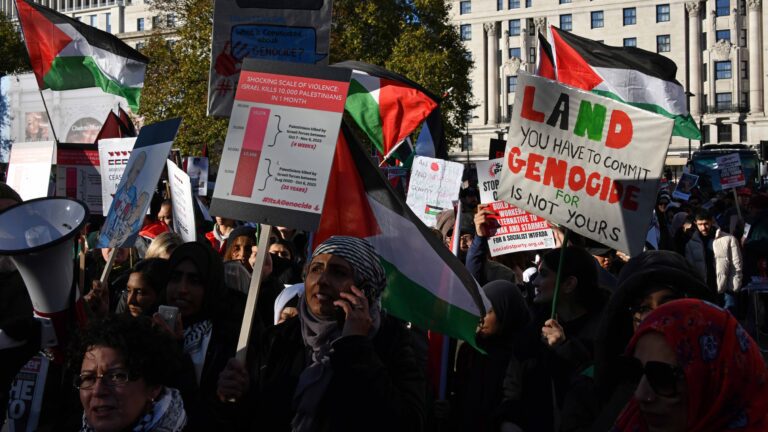As we recently reported, tensions in Sri Lanka are far from resolved. The newly elected President Wickremesinghe has been met with skepticism by the protesters that brought his predecessor down, and with Sri Lanka still waiting for a financial injection by the International Monetary Fund (IMF), Wickremesinghe, who earlier backed the protest movements, is now referring to protesters as “fascists” and cracking down harshly on protest leaders. The United Nations and Human Rights Activists have condemned the measures as disproportionate.
In Sri Lanka, one of Wickremesinghe’s first acts as President was to declare a state of emergency, allowing riot police to detain protesters and break up protest camps. Since then, more than 100 persons said to be protest leaders have been arrested, including buddhist monks. A prominent Catholic priest, Jeewantha Peiris, is wanted by the police and has since gone underground. In an interview with The Guardian, Peiris said “we always remained peaceful and non-violent. They are now targeting all the protest coordinators and accusing us of committing terrorist acts, which is false. This president is undemocratic.”
Recently, large protests broke out after the arrest of the leader of the Ceylon Teachers Service Union, Joseph Stalin. His offense was having taken part in a march on May 28th. “The right to protest is a democratic right. What crime have I committed?” asked Stalin during his arrest. “Have I stolen public money or murdered people? What crime did I commit?”
The leader of Sri Lanka’s opposition, Sajith Premadasa, questioned why someone like Stalin had been arrested, while members of the family of former president Rajapaksa are free, despite accusations of corruption and economic mismanagement. Mary Lawler, United Nations special rapporteur on human rights, called the arrest of Stalin “disturbing” and said that his work “must be supported, not punished.” Stalin has since been released on bail.
The Office of the UN High Commissioner for Human Rights (OHCHR) condemned Sri Lanka’s declaration of a state of emergency as a step taken to quell the protests. “We have raised our concerns to the Government on a number of occasions over the misuse of emergency measures, but to no avail. We condemn the recent and continued abuse of such measures to infringe on the legitimate exercise of the rights to freedom of peaceful assembly and expressions,” according to the OHCHR press release. This was echoed by Meenakshi Ganguly of Human Rights Watch, who said that “the Sri Lankan government’s crackdown on peaceful dissent appears to be a misguided and unlawful attempt to divert attention from the need to address the country’s urgent economic crisis.”
Wickremesinghe, however, denied cracking down on protesters. “Some groups are trying to spread a huge propaganda through social media that I am hunting down the protesters. But it is not true,” said Wickremesinghe. “I will not allow any kind of prejudice to the peaceful activists. I will establish an office to protect the peaceful protesters and support them.”
Many protesters have had different experiences, though. The Inter University Students’ Federation (IUSF) says their leaders have received travel bans and have been arrested as well. In one instance, a IUSF member was even picked off the street in an alleged “white van abduction” and questioned about the whereabouts of other IUSF members.
Apparently, all of the arrested Sri Lankans engaged in “violent or terrorist acts,” as Wickremesinghe put it.
But maybe the truth is much simpler, as the towering figure in the shadows behind the president may be the reason for these harsh measures. Wickremesinghe repeatedly claimed that the protests had delayed negotiations for a loan from the International Monetary Fund (IMF). Reinstating order, at whatever cost, is the prerequisite to further negotiations on the financial future of Sri Lanka, one that is likely to be determined by foreign dependencies.
Wickremesinghe’s measures are starting to bear fruit. Protesters called for a “National Day of Protest” on August 9th, but only few people took to the streets compared to earlier weeks. It is now Wickremesinghe’s turn to show Sri Lankans that he can not only control, but also turn around the country.






